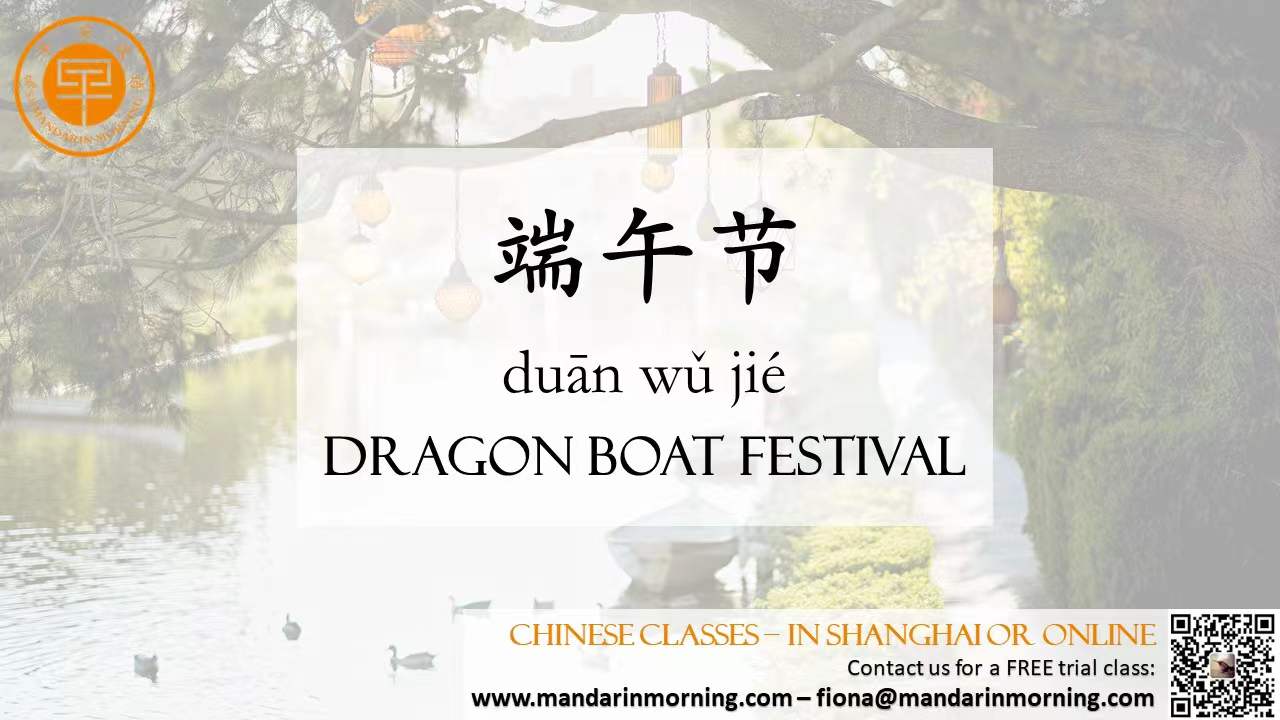The Dragon Boat Festival is a traditional Chinese holiday that has been around in various forms for thousands of years. Its current iteration is an amalgamation of multiple different festivals and traditions. Two prevailing stories are often cited to explain the origin of this age-old holiday.  The suicide of Qu Yuan In modern times, the most popular story explaining the origins of the Dragon Boat Festival concerns the death of Qu Yuan (屈原 Qū Yuán), a poet of the Warring States period (approx. 475 to 221 BC). At the time, it was common for Chinese literati to work in government, and Qu Yuan was no different. He served faithfully as a government official in the State of Chu for some time. After being slandered by another official, however, he was sent into exile. Qu Yuan spent his exile in a productive manner, writing many works of poetry, but his mind was troubled. The State of Chu was not doing well politically, and news of its various defeats at the hands of competing states sent Qu Yuan into a deep depression. Eventually, his despair in the face of the political situation drove him to commit suicide by drowning himself in Hunan Province’s Miluo River. During his time in exile, Qu Yuan had become quite popular with the local people. Legend has it that when they realized he was attempting to drown himself, the citizenry rushed in boats to the middle of the river in an attempt to save him or at least retrieve his body. Unable to find him and worried that fish would eat his body, they threw balls of sticky rice into the river in hopes that the fish would choose the rice over Qu Yuan. How the story effects modern practices: The story of Qu Yuan’s suicide is often used to explain the dragon boat racing tradition. In line with this explanation, racing dragon boats mimics the actions of the villagers who rowed out into the river to try to save their beloved poet. Legend has it that people eat zòngzi on the Dragon Boat Festival as a way to remember the poet Qu Yuan. This is because zòngzi are thought to resemble the rice dumplings thrown into the water by villagers to stop the fish from eating his body after his suicide. Avoiding bad luck in the fifth month Another possible explanation for the origins of the festival is linked to superstitions surrounding the date on which it falls. The Dragon Boat Festival is also called the Double Fifth Festival because it falls on the 5th day of the 5th lunar month. Traditionally, the fifth lunar month was considered to be an unlucky time. People in certain regions of China believed that during this month, the dreaded five poisonous animals (五毒 wǔ dú), started to come out of their winter hiding places. Traditionally, the animals referred to as wǔdú included centipedes, poisonous snakes, scorpions, lizards and toads. To safeguard themselves during this time, ancient people practiced rituals such as poking pictures of the five poisonous animals with pins, which was believed to render their real-life counterparts harmless. In addition to the threat posed by the reemergence of poisonous animals, it was also believed that people were more prone to falling ill around this time. Over the years, various traditions emerged to help ensure that people were protected from illness and bad luck during the dreaded Double Fifth. One such tradition that has survived to this day and is still incorporated into modern Dragon Boat Festival celebrations is the custom of hanging mugwort and calamus branches on one’s door to ward off evil spirits. |